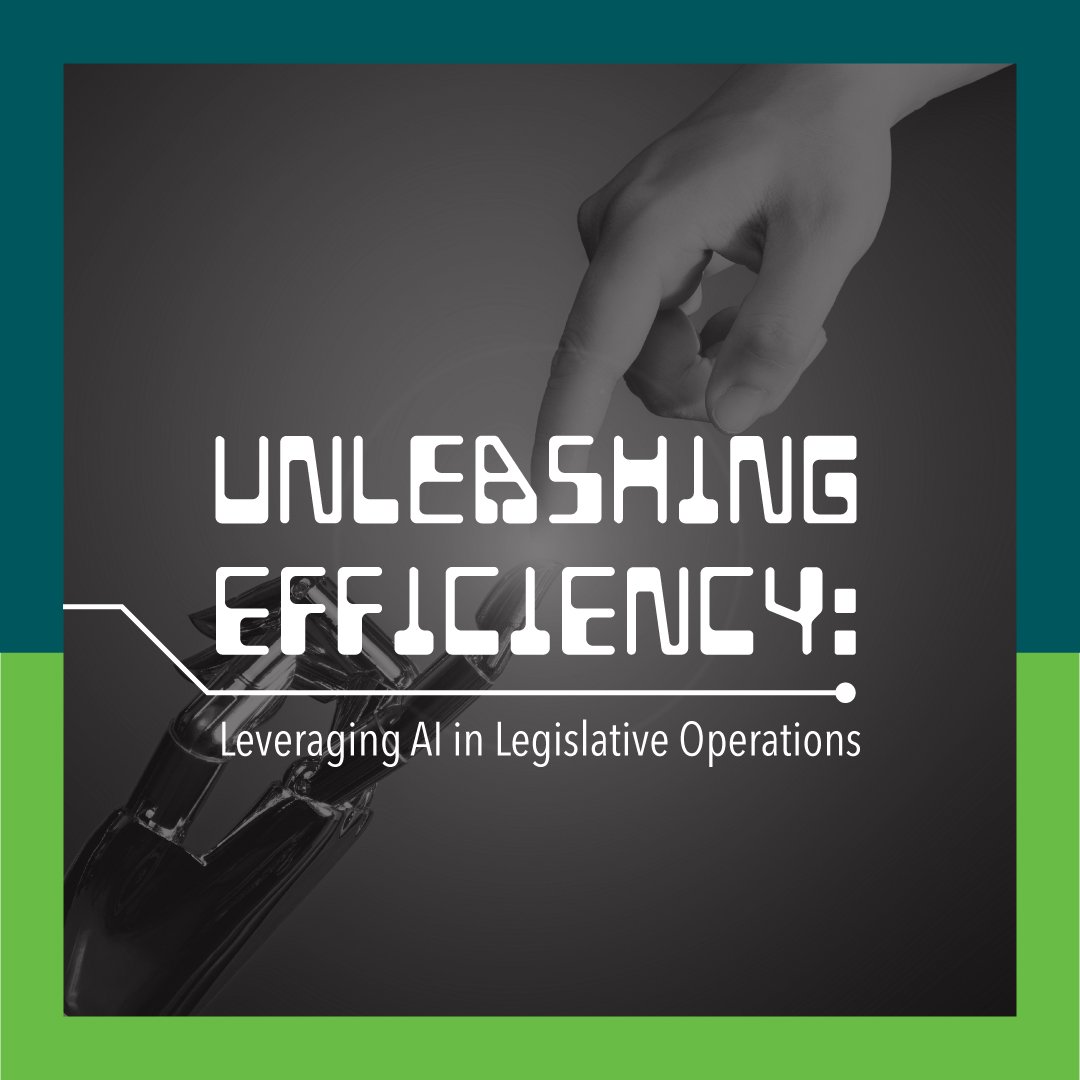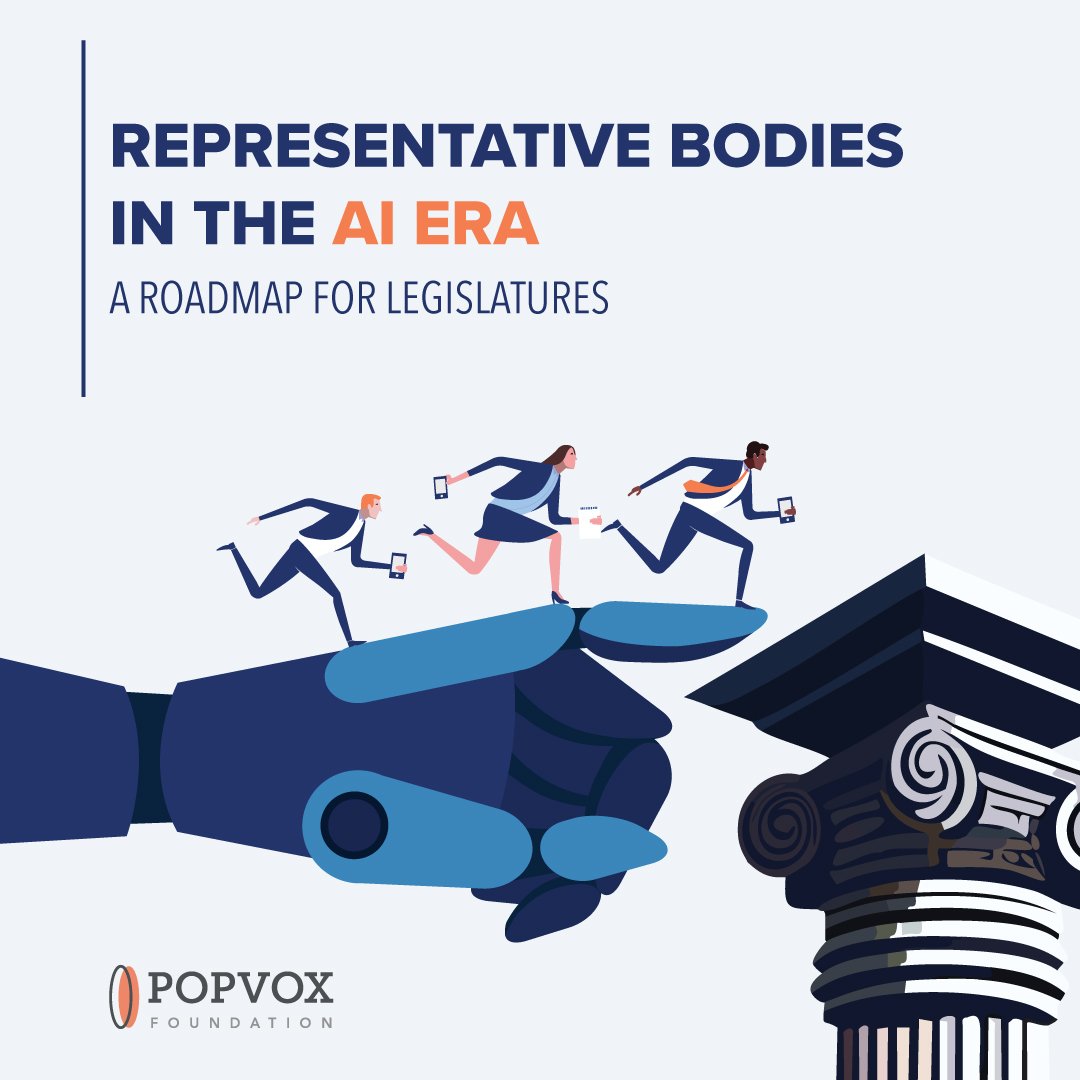Standing Room Only: House Administration’s Must-Watch Hearing on AI in Congress
BY AUBREY WILSON
On January 30, Committee on House Administration Chair Bryan Steil [R, WI] and Ranking Member Joe Morelle [D, NY] welcomed witnesses from Legislative branch agencies to a packed committee room for updates on how their organizations are innovating with artificial intelligence (AI). This hearing about Congress’ own use of the technology was a departure from other AI hearings that have focused on other important aspects such as regulatory questions and broad scoping policy questions about the future of AI. This one was substantive in another way, focusing on operations and underscoring the urgency of the Legislative branch taking deliberate steps to address the pacing problem. Put another way, if Congress fails to balance risk with innovation and falls behind in both understanding and adapting to the modern world of generative AI (GenAI), it will not catch up.
The takeaways from today’s hearing were mostly good news.
Congress isn’t behind — yet — in this rapidly changing technological environment. In fact, certain elements of the Legislative branch are actually on the cutting edge, like the Government Accountability Office (GAO), with its upskilling efforts and development of an in-house LLM tool to aid GAO staff in accessing internal reports. The Government Publishing Office (GPO) is piloting GenAI-powered tools to assist staff with laborious tasks like copy editing. These innovations demonstrate the potential benefits of these new tools and the Legislative branch's efforts to keep up.
Members expressed interest in the possibility of leveraging these new tools in the not-too-distant future to assist with everything from amendment drafting, to making legislative documents available via audio, and boosting the capacity to respond more quickly to constituent casework. Progress on these priorities will require institutional willingness to nimbly adapt and modernize procurement processes, update internal frameworks, and break out of an overly cautious, slow status quo bias.
The Committee on House Administration’s hearing and the Senate Committee on Rules and Administration’s related hearing last week are testament to Congress’s new approach to emerging technology — a welcome change from the awkward big tech hearings of 2018. Both chambers’ operations hearings showed that Members are not only learning about this important topic but are also ready to lead.
As these hearings continue, we look forward to Members diving deeper into how the traditional processes within institutional offices (such as the Chief Administrative Officer) can be pushed to become more agile, how support agencies (like the Library of Congress) can move faster to meet the needs of its users, how upskilling is being pursued at every level of Congress (including the development of office-specific AI-use policies), and how the previously issued guidance of each chamber will be updated to evolve with the promise AI brings to boost Congressional effectiveness and efficiency in service to all constituents.
For more resources related to artificial intelligence in the legislative branch, visit popvox.org/ai.




